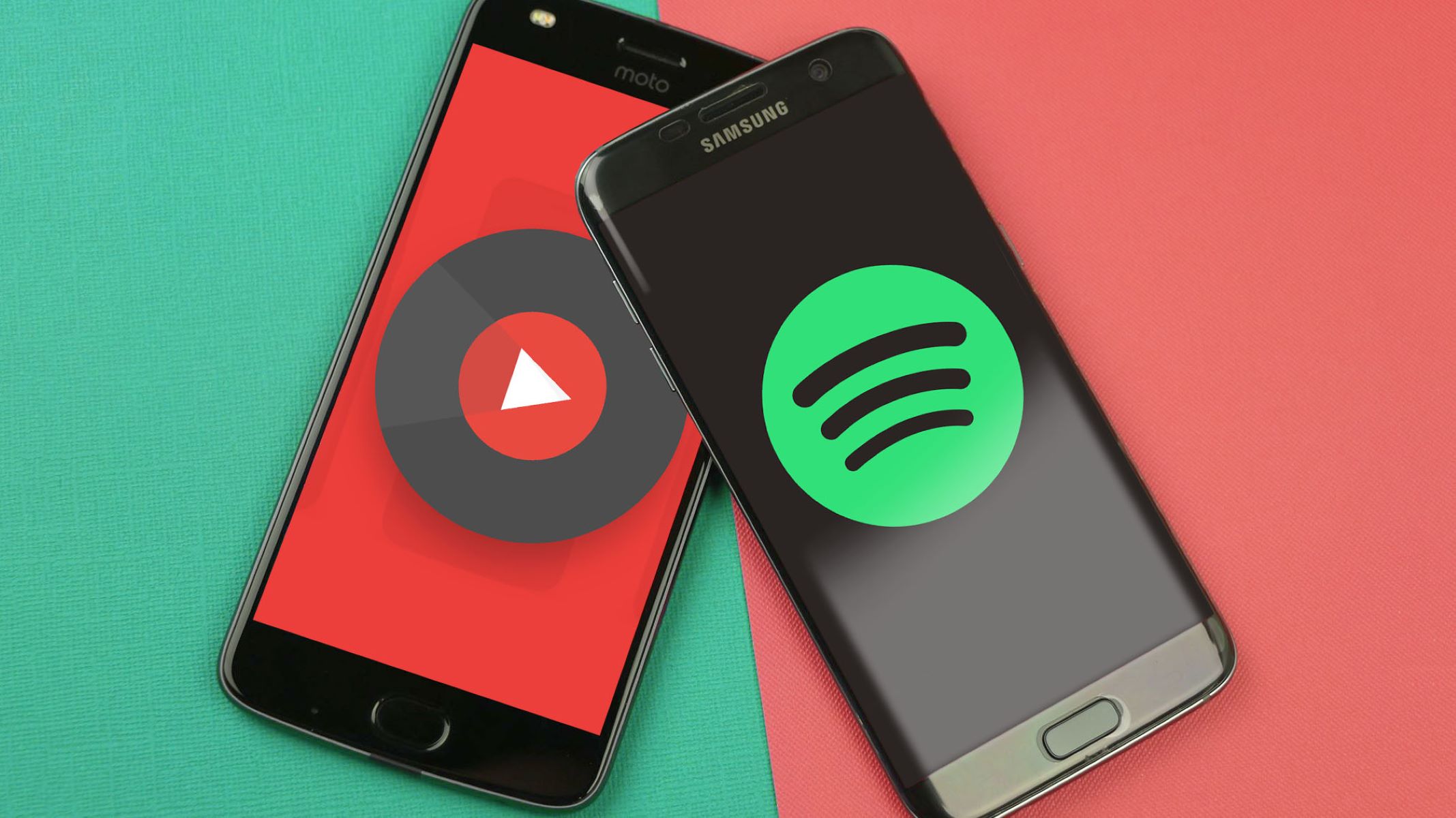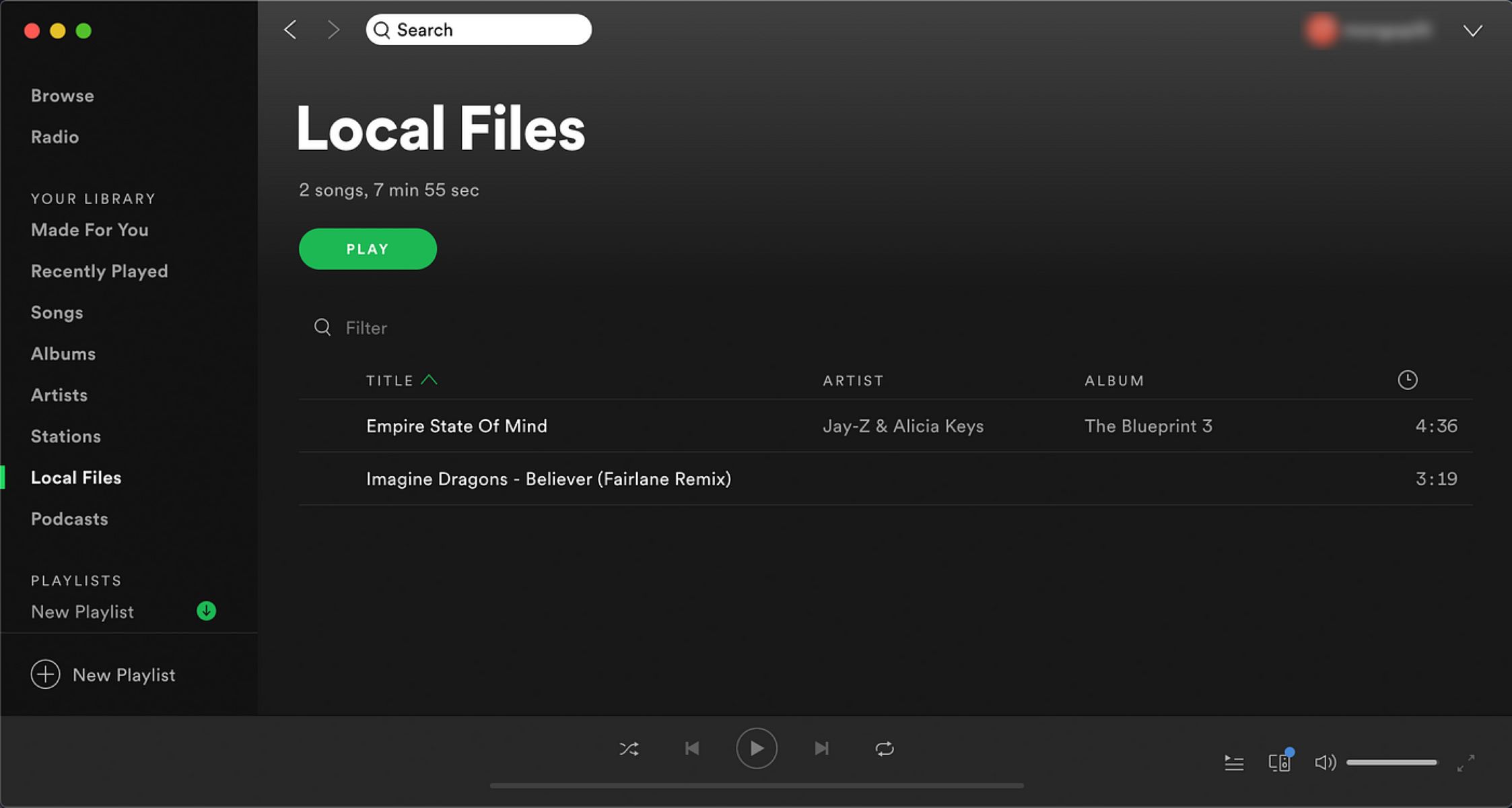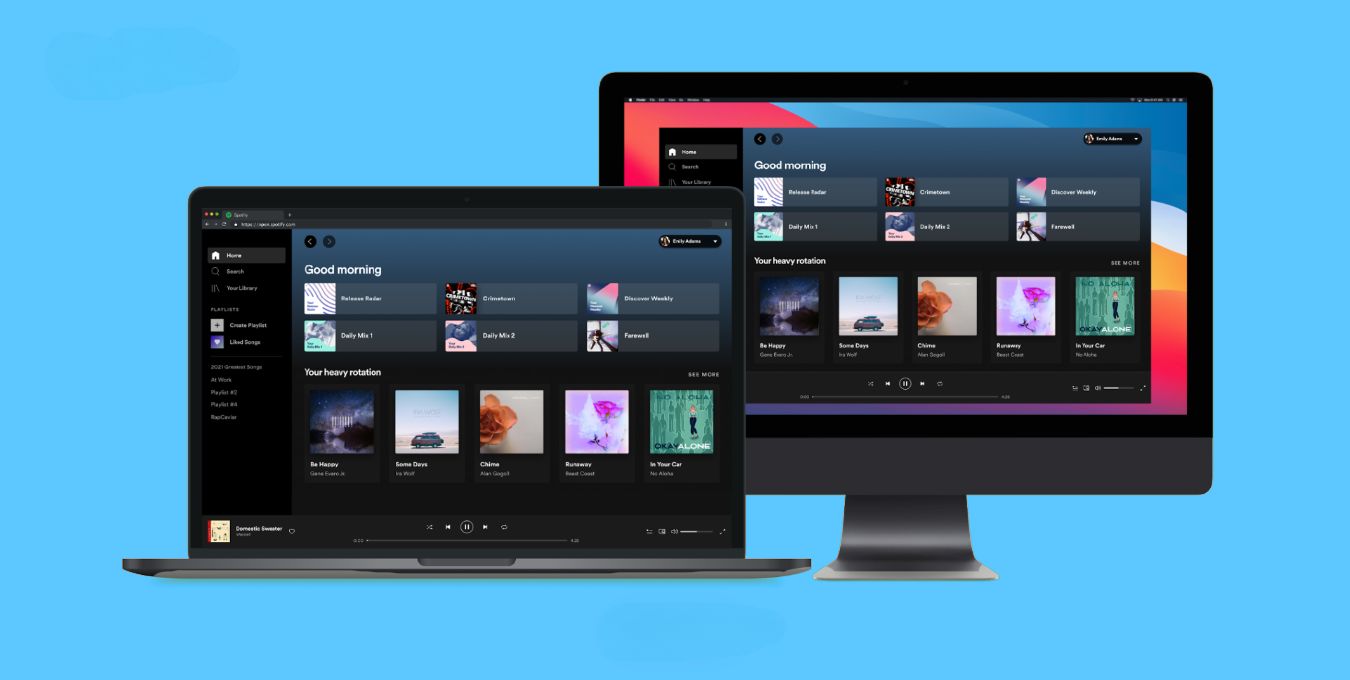Taylor Swift
Taylor Swift, one of the most popular and influential artists of our time, made headlines in 2014 by pulling her entire music catalog from Spotify. This move shocked both her fans and the industry, as Swift had amassed a huge following on the streaming platform. So, what led to her decision?
Swift was vocal about her concerns over the low royalty rates paid to artists on Spotify. She believed that artists should be fairly compensated for their work, and the revenue generated by streaming services was not sufficient. In an op-ed article for The Wall Street Journal, Swift stated, “Music is art, and art is important and rare. Important, rare things are valuable. Valuable things should be paid for.”
Another factor that influenced Swift’s departure from Spotify was her belief in exclusivity. She wanted her music to have exclusivity and be available only through certain platforms, such as iTunes. Swift believed that this approach would enhance the value of her music and create a sense of anticipation among her fans.
Swift’s decision was not without controversy. Many argued that her move was driven by commercial interests rather than a genuine concern for artist rights. However, her stance sparked a broader conversation about the economics of streaming services and artist compensation.
Despite her absence from Spotify, Taylor Swift’s music remained wildly popular. In 2017, she made a triumphant return to the platform, coinciding with the release of her album “Reputation.” This move reflected a changing landscape in the music industry, as artists began to recognize the importance of streaming platforms in reaching a wider audience.
Overall, Taylor Swift’s departure from Spotify was a bold statement against the perceived injustices surrounding artist compensation. The impact of her decision was felt throughout the industry, leading to discussions and changes in the way streaming platforms remunerate artists. While she eventually returned to Spotify, her actions continue to shape the ongoing debate surrounding the music streaming landscape.
Beyoncé
Beyoncé, the iconic singer and performer, has also chosen to withdraw her music from Spotify. Known for her groundbreaking albums and captivating performances, Beyoncé’s absence from the streaming platform has left fans wondering why.
One of the main reasons Beyoncé opted out of Spotify was her desire to maintain control over her artistic vision. As an artist known for her intricate and visually stunning albums, she wanted to ensure that listeners experience her music in its intended form. By removing her music from Spotify, Beyoncé sought to create a more curated and immersive experience for her fans.
Another factor that influenced Beyoncé’s decision was her desire to prioritize album sales. By restricting her music to purchase-only platforms, such as iTunes, Beyoncé believed that she could generate higher album sales and maintain a stronger connection with her devoted fan base. This strategy aligns with her efforts to create a sense of exclusivity and foster a deeper connection with her fans.
Furthermore, Beyoncé has always been known for surprising her fans with unexpected releases. By withdrawing her music from Spotify, she could maintain better control over her release strategy, allowing her to generate buzz and anticipation around her new projects. This approach had proved successful, as her surprise album releases became events in themselves, captivating audiences and dominating the charts.
Beyoncé’s decision to leave Spotify was not without controversy. Many argued that her choice hindered accessibility to her music and limited the reach of her powerful message. However, Beyoncé’s artistic integrity and desire to create transformative experiences for her fans took precedence over these concerns.
It is worth noting that, despite her absence from Spotify, Beyoncé’s albums remain incredibly successful. Her loyal fan base quickly adapts to her preferred platforms, ensuring that her music still reaches a wide audience. Beyoncé’s decision to leave Spotify reflects her commitment to maintaining artistic control and delivering her music in the most impactful way.
Overall, Beyoncé’s withdrawal from Spotify was a deliberate move to strategically align with her artistic vision and maintain a strong connection with her fans. Her actions emphasize the importance of maintaining control over one’s artistry and creating a unique and immersive experience for listeners.
Adele
Adele, known for her soulful voice and heartfelt lyrics, is another artist who has chosen to withhold her music from Spotify. Her decision to keep her music off the streaming platform has left fans curious about her motivations.
One of the primary reasons Adele has been hesitant to embrace Spotify is her concern for the integrity of her albums. She believes that her music is best experienced as a cohesive body of work, rather than individual songs consumed on shuffle. By keeping her music off Spotify, Adele ensures that listeners engage with her albums in the intended order, allowing her artistry to be fully appreciated.
Additionally, Adele has expressed reservations about the payment structure on Spotify. Like many artists, she believes that streaming services do not adequately compensate creators for their work. By limiting her music to purchase-only platforms, such as iTunes, Adele can maintain control over how her music is monetized and ensure fair compensation for her art.
Adele has also expressed a desire to create a sense of exclusivity around her music. In an era where music is easily accessible and shared, she seeks to preserve the idea of anticipation and surprise. By strategically releasing her albums on purchase-only platforms, Adele can generate excitement among fans, fostering a deeper connection to her music.
Despite the absence of her music on Spotify, Adele’s albums have achieved immense success. Her powerful vocals and heartfelt lyrics have resonated with millions worldwide, and her sales figures and chart-topping success are a testament to her enduring popularity. Adele’s decision to keep her music off Spotify has not hindered her career but has, in fact, strengthened her brand as a highly sought-after and respected artist.
While some may argue that keeping her music off Spotify limits its accessibility, Adele’s actions highlight the importance of artistic authenticity and control. By strategically choosing where her music is available, she can ensure that her artistry is presented in the best possible light and maintain a stronger connection with her dedicated fan base.
Overall, Adele’s decision to withhold her music from Spotify is a deliberate choice driven by a desire to maintain artistic integrity, fair compensation, and a sense of exclusivity. Her actions serve as a reminder that artists have the power to shape their own destinies and control the ways in which their music is consumed.
Coldplay
Coldplay, the renowned British band known for their heartfelt and melodic songs, has taken a different approach when it comes to Spotify. Unlike some artists who have chosen to withdraw their music, Coldplay has embraced the streaming platform but with certain restrictions.
In 2015, when Coldplay released their album “Ghost Stories,” they made the decision to withhold it from Spotify for a limited time. The band believed that a delayed release on the streaming platform would encourage fans to purchase the album or stream it through other means, such as purchasing the physical copy or downloading it from iTunes. By creating a sense of exclusivity and anticipation around the album, Coldplay aimed to drive album sales and preserve the value of their music.
This approach was further exemplified when Coldplay released their follow-up album, “A Head Full of Dreams.” While the album was available on Spotify, some tracks were initially exclusive to Apple Music and Tidal. By strategically aligning with these platforms, Coldplay aimed to attract users and create a competitive advantage, while also ensuring that their music was accessible to a wide audience.
Coldplay’s decision to partially restrict their music on Spotify reflects their desire to balance the benefits of streaming with the importance of album sales and the overall value of their music. By carefully choosing where and when their music is available, the band can carefully cultivate their brand and maintain control over their artistic integrity.
It’s important to note that despite the limited availability of some of their music on Spotify, Coldplay remains one of the most popular and successful bands of our time. Their songs continue to resonate with audiences worldwide, topping charts and selling out stadiums. Coldplay’s strategic approach to Spotify has not hindered their success but has instead helped them navigate the evolving landscape of the music industry.
Overall, Coldplay’s relationship with Spotify signals a careful and calculated approach to balancing the advantages of streaming with the value of their music. The band’s actions reflect their commitment to maintaining artistic control and ensuring their music reaches a broad audience while preserving the integrity and exclusivity of their albums.
Tool
Tool, the progressive rock band known for their complex and thought-provoking music, has long been elusive when it comes to streaming services like Spotify. The band’s absence from the platform has left many fans wondering why their music is not available for streaming.
One of the main reasons Tool has chosen not to embrace Spotify is their commitment to providing a complete and immersive listening experience. The band believes that their albums are meant to be listened to in their entirety, with each song flowing seamlessly into the next. By not making their music available for streaming, Tool encourages listeners to engage with their albums as a cohesive work of art, rather than picking and choosing individual songs.
Another factor that has influenced Tool’s decision is their pursuit of artistic control. The band places great importance on visual elements, complex song structures, and thematic coherence. By keeping their music off Spotify, Tool can ensure that listeners experience their music in the way it was intended, without interruptions or disjointed playlists.
Tool’s stance on streaming services also stems from their skepticism of the economic model and fair compensation for artists. The band has been critical of how streaming platforms compensate musicians, voicing concerns about the devaluation of music and the impact on artists’ livelihoods. By abstaining from Spotify, Tool sends a message about the importance of fair compensation and preserving the value of their music.
It’s worth noting that despite their absence from Spotify, Tool maintains a dedicated and passionate fan base. Their albums consistently top the charts upon release, and their live performances draw crowds of devoted fans. Tool’s refusal to embrace Spotify has not hindered their success, but rather has solidified their reputation as a band that values artistic integrity and remains elusive in the age of digital music consumption.
Overall, Tool’s decision to keep their music off Spotify aligns with their commitment to artistic control, creating a cohesive listening experience, and advocating for fair compensation. While this choice may limit accessibility to their music, it reinforces Tool’s reputation as a band that values the integrity and authenticity of their art.
Prince
Prince, the legendary musician and songwriter, had a complex relationship with streaming services like Spotify. Known for his iconic music and unique persona, Prince took various approaches to his music’s availability on streaming platforms during his career.
At first, Prince was hesitant to embrace streaming services, pulling his music from platforms like Spotify in 2015. He believed that artists deserved fair compensation for their work and felt that streaming services did not adequately support this. Prince argued that musicians should have more control over how their music is accessed and valued in the digital age.
However, in 2015, Prince surprised fans by releasing his 39th studio album, “Hit n Run Phase One,” exclusively on Jay-Z’s streaming service, Tidal. This move signaled a shift in his perspective on streaming platforms. Prince saw Tidal as a service that prioritized artist rights and fair compensation, aligning with his own beliefs. By partnering with Tidal, Prince could support a platform that he deemed artist-friendly.
Prince’s relationship with streaming services continued to evolve. In 2017, his music returned to Spotify and other major streaming platforms, opening up his vast catalog to a wider audience. The decision to make his music widely accessible signaled a recognition of the changing digital landscape and the importance of reaching fans through popular streaming platforms.
Prince’s legacy extends beyond his music. He was a trailblazer who challenged the industry norms and fought for artists’ rights. His approach to streaming services reflected his desire for fair compensation and artistic control, and he actively sought out platforms that aligned with his values.
Prince’s music remains influential and beloved by fans worldwide. His legacy serves as a reminder that artists have a profound impact not just through their music, but also in shaping the industry and advocating for fairness and artistic integrity.
Overall, Prince’s journey with streaming services exemplifies his dedication to the principles of fair compensation and artist rights. While initially skeptical, he recognized the potential benefits of platforms that shared his values, ultimately making his music accessible to a wider audience.
The Beatles
The Beatles, one of the most influential and iconic bands in music history, have had an interesting relationship with streaming services, including Spotify. For many years, their music was not available on streaming platforms, but in recent times, their catalog has become accessible to fans around the world.
Initially, The Beatles withheld their music from streaming services as they sought to preserve the integrity of their albums. The band believed that their albums were carefully crafted bodies of work meant to be listened to as a whole, and they were concerned that the nature of streaming could lead to song-by-song consumption, diluting the intended experience.
Another factor that influenced The Beatles’ decision was their concern about fair compensation for their artistry. The band was vocal about the need for artists to be adequately remunerated for their work, and they wanted to ensure that their music was available on platforms that provided fair royalty rates. This desire for just compensation for their music was a driving force behind their hesitancy to make their catalog available on streaming platforms initially.
In 2015, the music of The Beatles finally made its way to streaming services, including Spotify. This move marked a significant moment, as it allowed a new generation of listeners to discover and enjoy their timeless music. The availability of The Beatles’ catalog on Spotify received widespread excitement and was a testament to the enduring popularity and cultural impact of the band.
Despite their late arrival to streaming platforms, The Beatles’ music continues to captivate audiences. Their timeless melodies, intricate harmonies, and groundbreaking sound defy generational boundaries. The band’s decision to embrace streaming services highlighted the importance of adapting to the evolving music landscape and reaching wider audiences.
Overall, The Beatles’ journey with streaming services reflects their dedication to preserving the integrity of their albums, advocating for fair compensation, and embracing new opportunities to connect with fans. The availability of their music on platforms like Spotify ensures that their timeless legacy lives on and continues to inspire generations of music lovers.
Bob Seger
Bob Seger, the legendary rock singer-songwriter, had a complicated relationship with streaming services like Spotify. For many years, his music was not available on the platform, leaving fans wondering why one of the biggest names in rock music was absent.
Seger’s decision to keep his music off Spotify can be attributed to his desire to maintain control over his artistic legacy. He believed that the true value of his music lay in the complete album experience, rather than individual tracks or curated playlists. By not making his music available for streaming, Seger aimed to emphasize the importance of listening to his albums in their entirety, preserving the intention and storytelling of his songs.
Additionally, Seger had concerns about fair compensation for his work. Streaming platforms, including Spotify, came under scrutiny for the low royalty rates they paid to artists. Seger wanted to ensure that his music was valued and that he was fairly compensated for his artistry.
Despite his absence from Spotify, Bob Seger remained a beloved and influential figure in the world of rock music. His timeless hits continue to resonate with fans, and his albums have achieved commercial success over the decades. Seger’s decision not to embrace Spotify did not hinder his popularity but instead solidified his status as an artist who values the integrity and value of his music.
In recent years, Seger’s stance on streaming services has softened. In 2017, his music finally became available on Spotify, marking a significant moment for his fans. This move expanded his reach and allowed a new generation of listeners to discover and enjoy his iconic songs. It also reflected a changing landscape in the music industry, as more artists recognized the importance of streaming platforms in reaching wider audiences.
Overall, Bob Seger’s journey with Spotify reflects his commitment to preserving the integrity of his albums, advocating for fair compensation, and adapting to the evolving music industry. While he initially withheld his music, his eventual inclusion on the platform showcased his desire to connect with fans and allow his timeless music to continue captivating audiences for generations to come.
Jay-Z
Jay-Z, the acclaimed rapper and entrepreneur, has played a significant role in shaping the landscape of streaming services, particularly with his involvement in Tidal. As a prominent artist and influential figure, Jay-Z’s approach to streaming has been innovative and distinct.
In 2015, Jay-Z acquired Tidal, a music streaming platform known for its commitment to artist ownership and fair compensation. With this acquisition, Jay-Z sought to create a streaming service that prioritized artist rights and provided a higher royalty rate compared to other platforms like Spotify. By aligning himself with Tidal, Jay-Z aimed to revolutionize the music industry and provide a platform that empowered artists to have more control over their artistry.
In addition to his involvement with Tidal, Jay-Z made headlines in 2017 when he released his album “4:44” exclusively on his streaming service. This move was a strategic decision to drive users to Tidal, creating a spike in subscriptions and showcasing the exclusivity of his music. By releasing his album on a platform he had ownership over, Jay-Z maximized his creative freedom and ensured fair compensation for his work.
Jay-Z’s approach to streaming services reflected his dedication to preserving the value and integrity of music. He recognized the need for artists to have control over their artistry and be compensated fairly. By creating and supporting platforms like Tidal, Jay-Z aimed to empower artists and challenge the existing norms of the music industry.
Despite his involvement with Tidal, Jay-Z’s music is also available on other streaming platforms, including Spotify. This broad accessibility ensures that his music reaches a wider audience and allows fans to enjoy his extensive catalog on platforms of their choice. Jay-Z’s decision to make his music available on Spotify reflects a recognition of the importance of reaching a broader audience and the evolving nature of the music industry.
Overall, Jay-Z’s approach to streaming services has been exceptional. Through his ownership of Tidal and strategic release decisions, he has asserted his influence and championed the rights of artists. Jay-Z’s impact on the music streaming landscape serves as a testament to his entrepreneurial spirit and commitment to transforming the industry for the benefit of artists.
Radiohead
Radiohead, the influential and innovative rock band, has had a unique relationship with streaming services like Spotify. Known for their experimental music and boundary-pushing approach, Radiohead’s stance on streaming reflects their dedication to artistic integrity and control.
Initially, Radiohead chose not to make their music available on Spotify and other streaming platforms. This decision stemmed from their concern about the devaluation of music and the impact on artists’ livelihoods. They believed that streaming services did not adequately compensate musicians for their work and were skeptical of the economic model behind them.
In addition to their concerns about compensation, Radiohead is a band that values the album as a complete artistic statement. They view their albums as cohesive bodies of work, with each song contributing to the overall narrative and experience. By not making their music available for streaming, Radiohead encouraged listeners to engage with their albums in their intended form, fostering a deeper connection with the music.
Radiohead’s decision not to embrace streaming services did not hinder their popularity or success. The band has a dedicated and passionate fan base that supports their music through purchasing albums, attending concerts, and engaging in other forms of consumption. Their albums continue to receive critical acclaim, achieve commercial success, and resonate with listeners worldwide.
In 2017, however, Radiohead’s music gradually became available on Spotify and other streaming services. This move marked a shift in their perspective and reflected a changing landscape in the music industry. Radiohead recognized the importance of reaching a wider audience and adapting to the digital music consumption habits of fans.
Radiohead’s availability on streaming platforms allowed their music to reach new listeners and introduced their unique sound to a broader audience. It also demonstrated the band’s willingness to embrace different distribution methods while staying true to their artistic values.
Overall, Radiohead’s journey with streaming services reflects their commitment to artistic integrity, fair compensation, and responsiveness to the evolving music industry. While initially hesitant, their eventual inclusion on platforms like Spotify expanded their reach and allowed more listeners to experience their groundbreaking music.

























